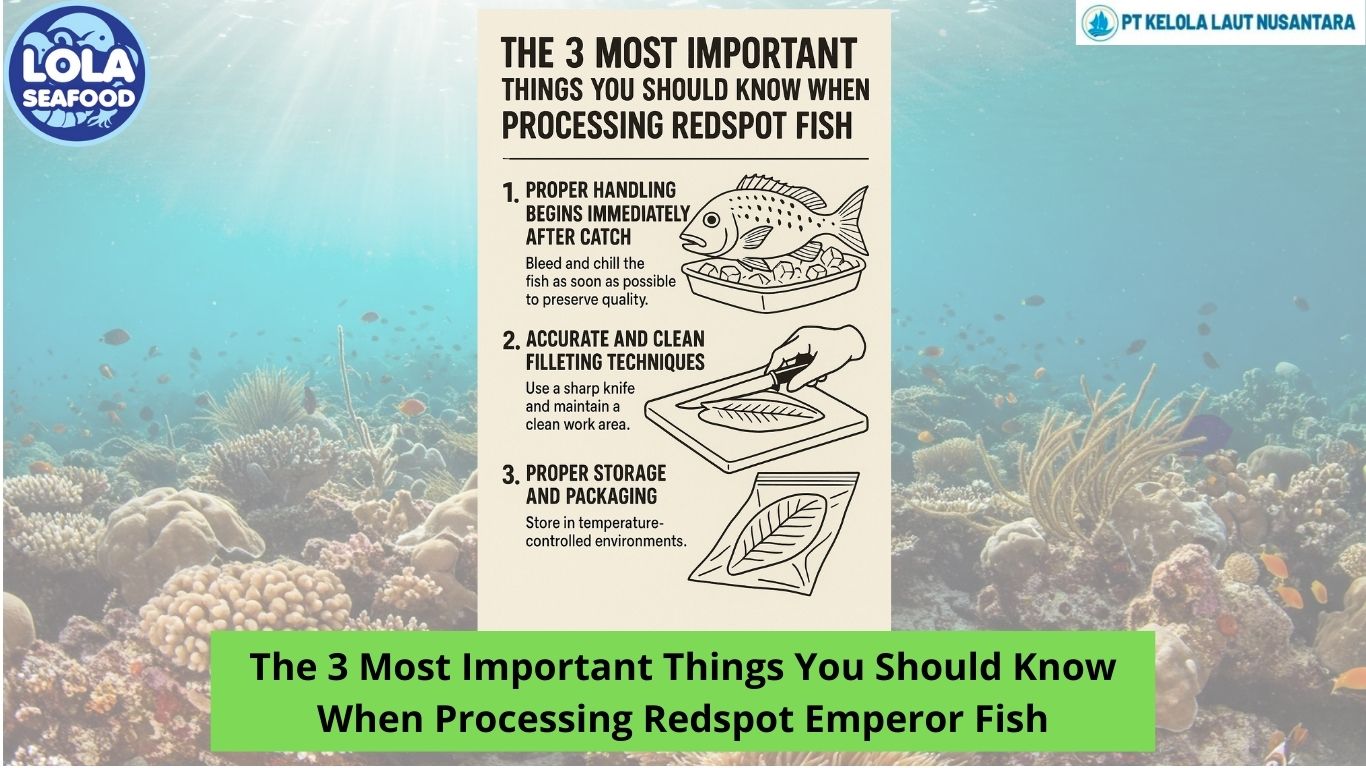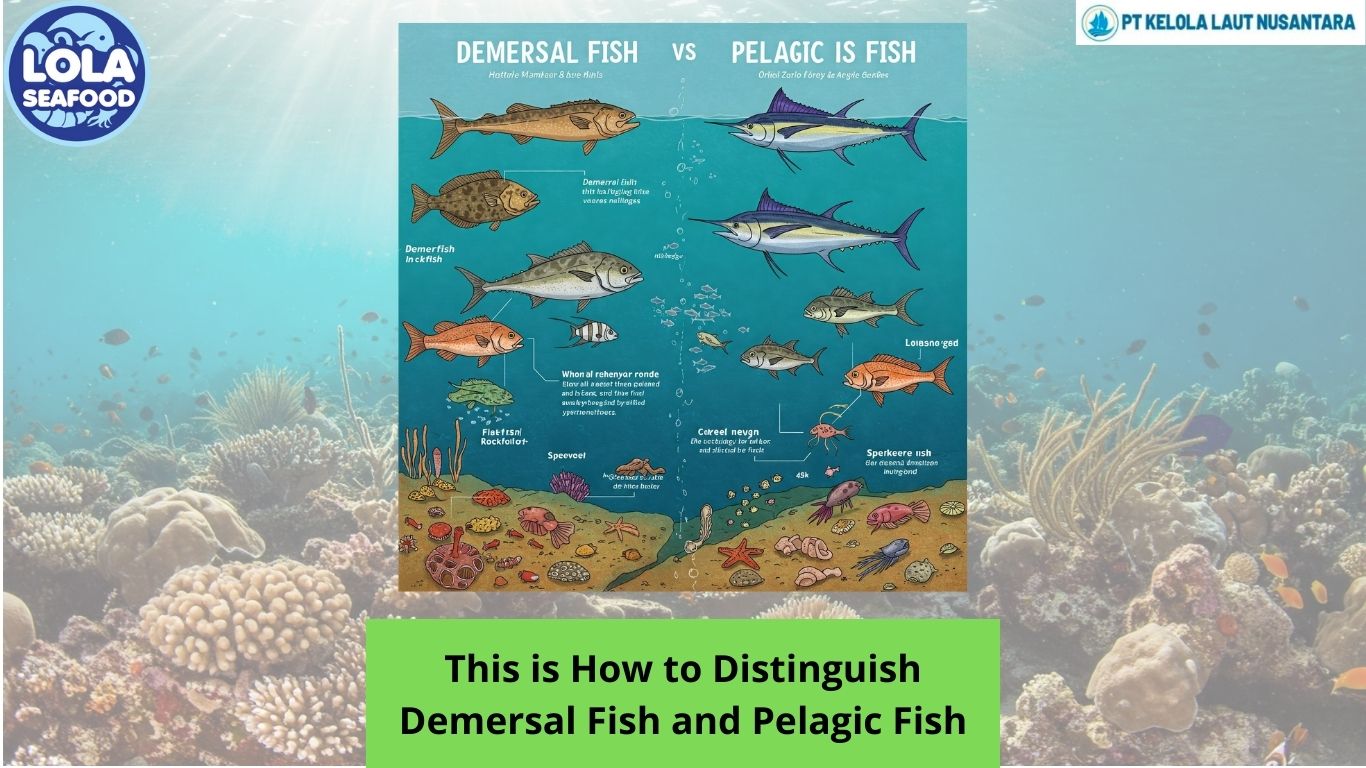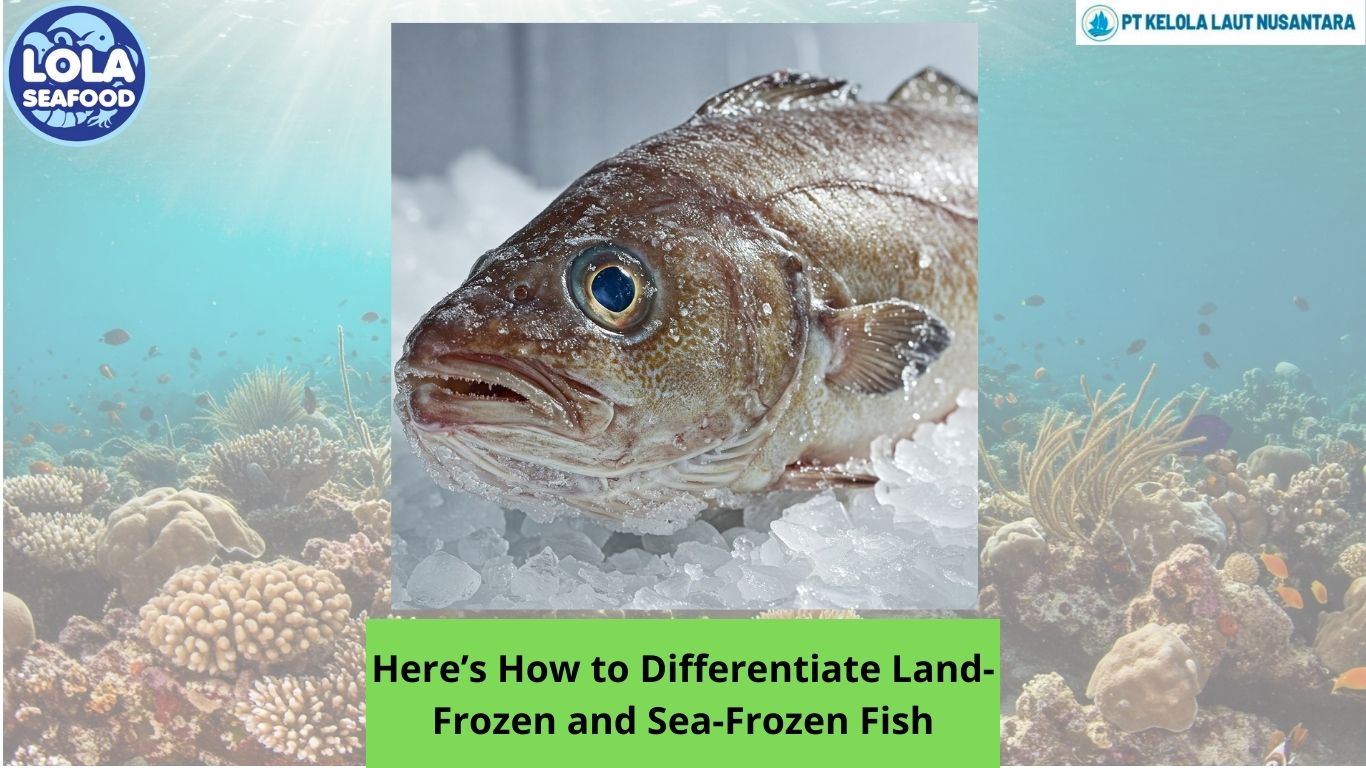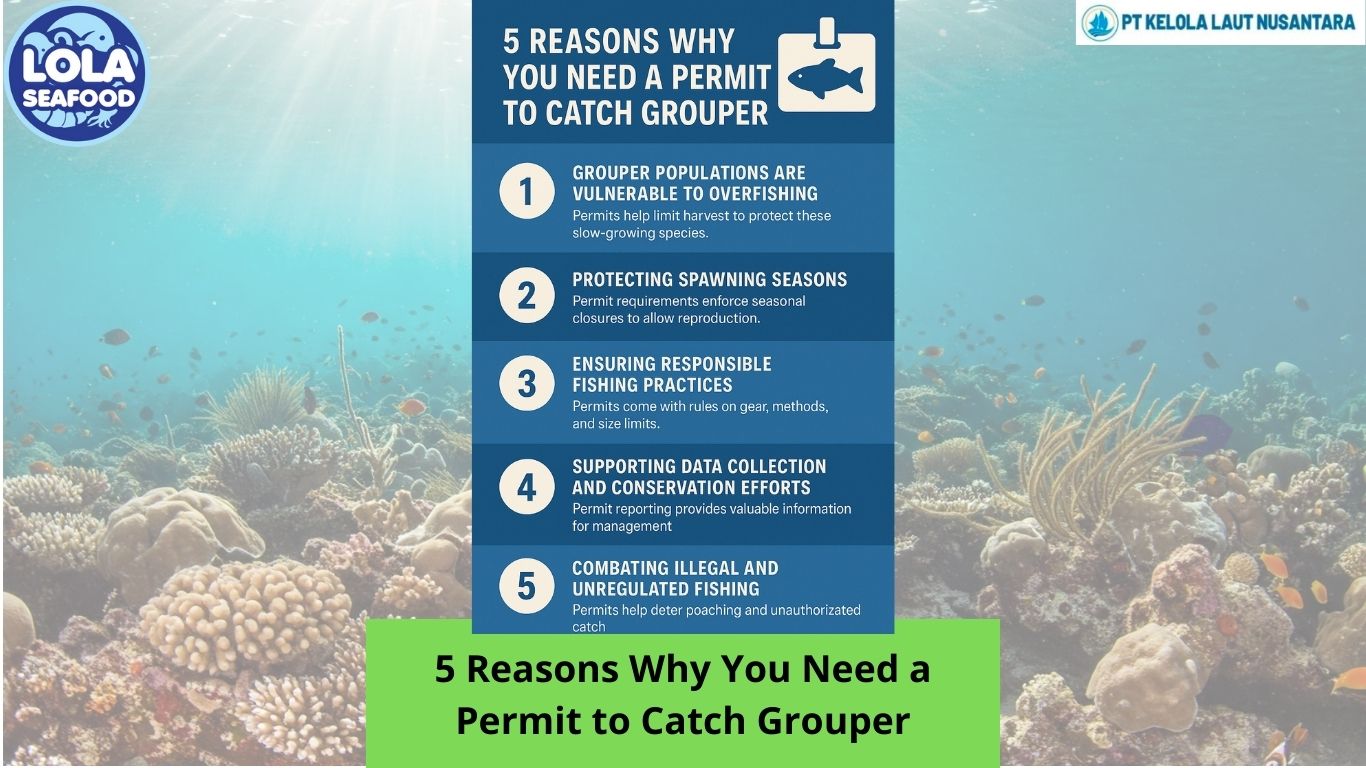This is Why The Blue-Ringed Octopus That Are Dangerous
By. Najih - 03 Dec 2024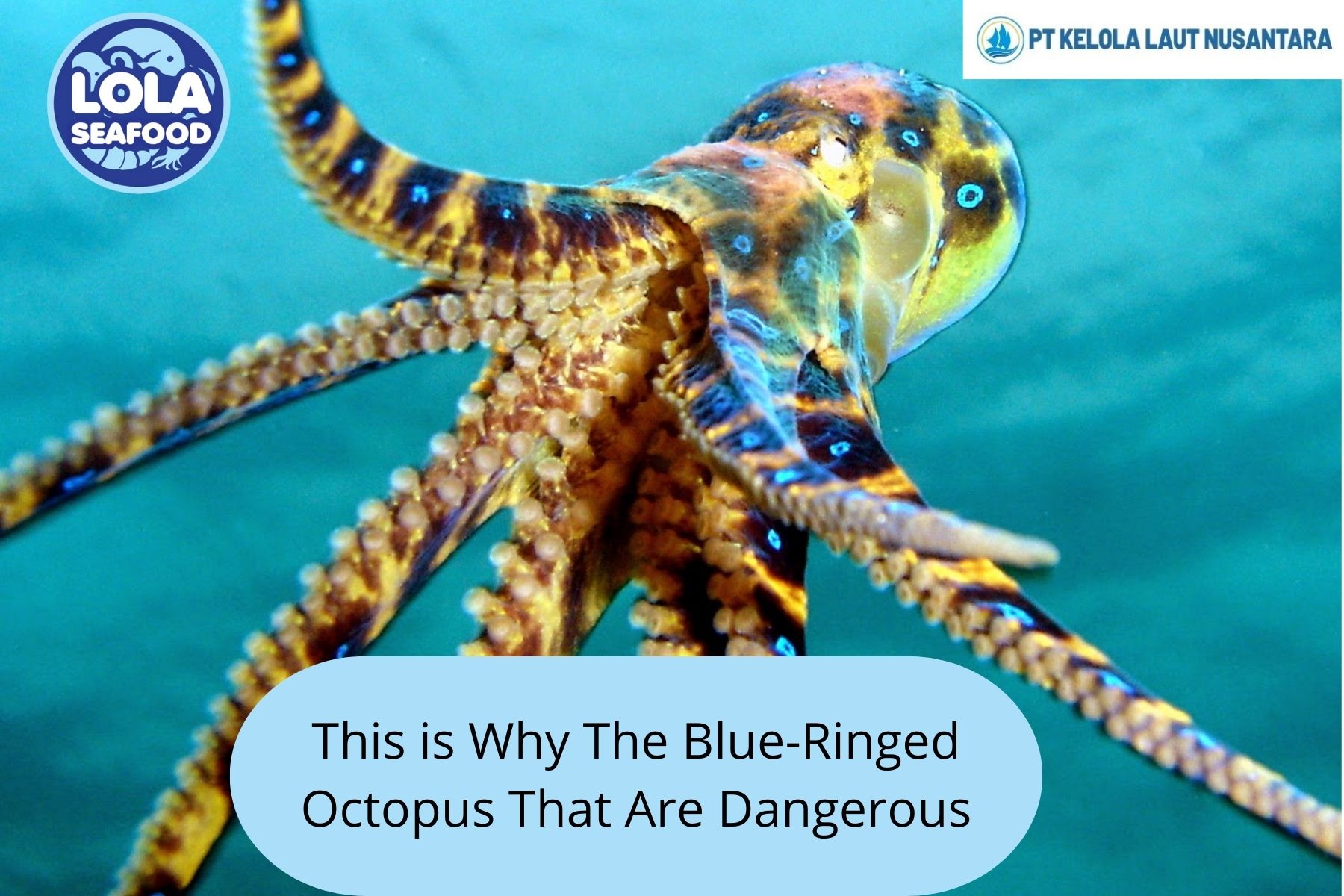
kelolalaut.com The blue-ringed octopus is a highly dangerous species if consumed. It contains a potent neurotoxin called tetrodotoxin, which can cause paralysis and respiratory failure in humans. Even a small amount of its venom can be fatal, as it has enough toxin to kill 26 adult humans within minutes. Here are some key points about the blue-ringed octopus and its dangers:
1. Characteristics of the Blue-Ringed Octopus
- Appearance: They are small, typically measuring 12 to 20 cm (5 to 8 in) in length, with distinctive yellowish skin and vibrant blue rings that become more pronounced when the octopus is threatened.
- Habitat: Found in tide pools and coral reefs in the Pacific and Indian Oceans, from Japan to Australia.
Related article : 5 Content Of Octopus
2. Toxicity and Effects Octopus
- Tetrodotoxin (TTX): This neurotoxin is produced by symbiotic bacteria in the octopus's salivary glands. It blocks sodium channels in nerves, leading to paralysis and respiratory failure.
- Symptoms of Poisoning: Initial symptoms may include nausea, vomiting, and dizziness, followed by rapid muscle paralysis. Victims often remain conscious but unable to move, leading to suffocation due to diaphragm paralysis.
- No Antidote: There is no known antidote for TTX; treatment is primarily supportive, focusing on maintaining respiration until the toxin is metabolized.
Related article : The Life Cycle of an Octopus
3. Incidents and Risks Octopus
- Human Encounters: Bites from blue-ringed octopuses are rare, but they can occur when individuals handle or step on them. Most reported bites have been accidental.
- Fatalities: Estimates of human fatalities due to blue-ringed octopus bites range from seven to sixteen over the past century, highlighting the potential danger if consumed or mishandled.
Related article : 5 Ways to Put in Baby Octopus in Various Dish
4. Precautions Octopus
- Avoid Handling: It is crucial to avoid touching or handling blue-ringed octopuses in the wild.
- Awareness: Educating oneself about the appearance and behaviour of these octopuses can help prevent accidental encounters.
The blue-ringed octopus is a beautiful yet deadly creature, and caution is essential when in their habitat. Culinary Considerations
- Consumption Risks: While some cultures may consider octopus a delicacy, consuming blue-ringed octopus is extremely dangerous and should be strictly avoided.
- Safe Alternatives: Other species of octopus, such as the common octopus, are safe to eat when properly prepared and cooked.
Understanding the risks associated with the blue-ringed octopus is vital for safety. Awareness and education can prevent dangerous encounters and ensure that individuals enjoy marine life responsibly. Always prioritize safety when exploring marine environments.
If youre interested in our Baby Octopus Flower and Baby Octopus Whole Cleaned please do not hesitate to contact us through email and/or whatsapp.
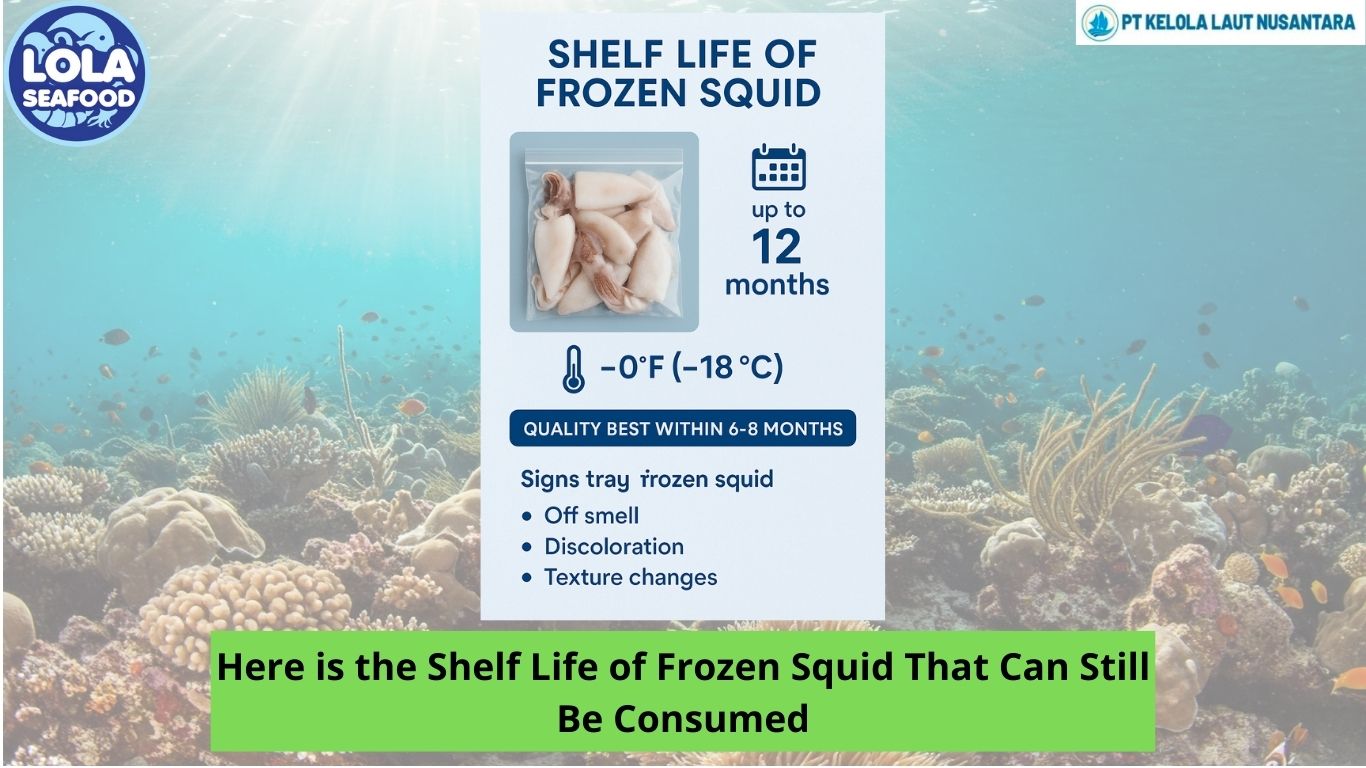
.jpg)
.jpg)
.jpg)
